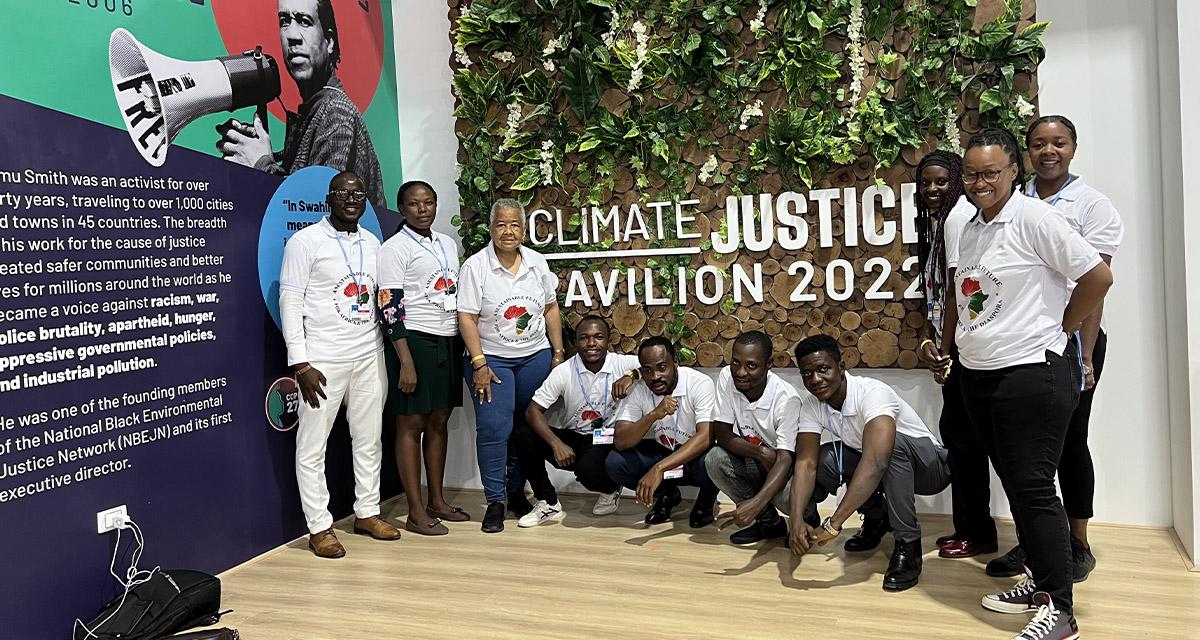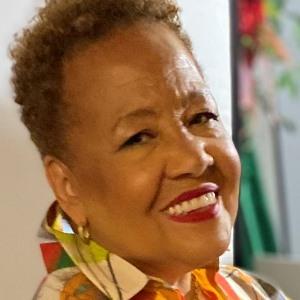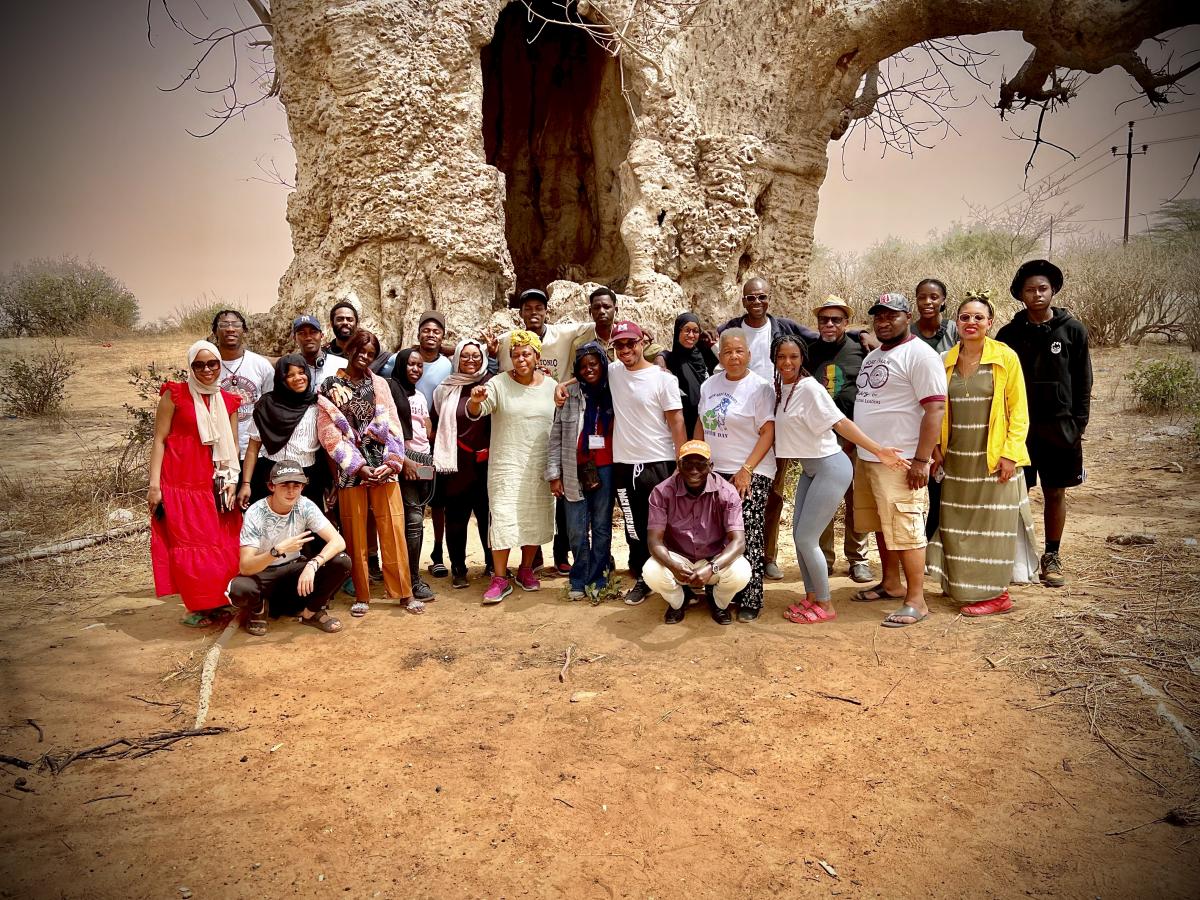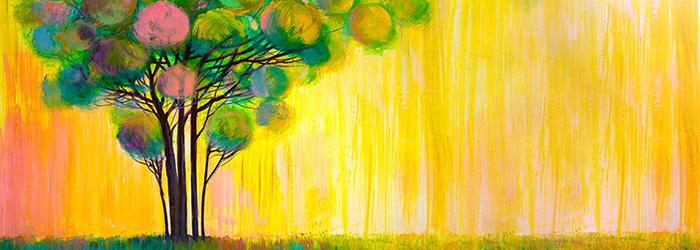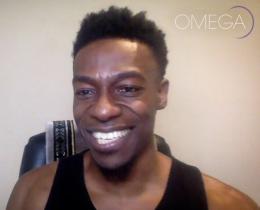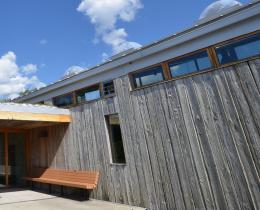A Special Role for Black Americans
Felicia has worked as an advocate for her whole life, in many capacities, and for several years at the United Negro College Fund. She was called to create the HBCU Green Fund as a 501(c)3 to work with Black colleges and universities when she saw the pressing need for more than just talk—but real action–on climate justice.
“I believe in this special role for Black Americans. Historically Black colleges and universities (HBCUs) are there to educate students, but they are also anchors in their community. The moment that one Black college is the most sustainable institution, all others will follow. I believe the effect it will have to change the world is powerful.”
One of the first projects the HBCU Green Fund launched was a clean energy fellowship program at Clark Atlanta University, Spelman College, Morehouse, and Howard University. Students learned about energy auditing and connected with HBCU graduates who are clean energy entrepreneurs. This spring, Felicia took HBCU students from Atlanta University on an Eco Village Spring Break trip to help villages on the border of Senegal and Mauritania. They dug wells, built a tree shelter, and planted trees in an ongoing effort to help the vulnerable communities most impacted by the effects of climate change.
She has ambitious goals for 2023. As part of a nationwide $400 million investment called the Greening America’s Cities initiative, the HBCU Green Fund will be taking on innovative justice work in West Atlanta to create better access to parks, trees, and community gardens.
Last year, Felicia organized a pre-conference virtual summit held seven weeks before COP27, the PreCOP27 Africa & Diaspora Virtual Summit. Since that virtual conference delivered so many educational resources that spurred African youth and climate leaders to action, the HBCU Green Fund is planning a PreCOP28 Summit once again this fall.
The HBCU Green Fund will also host the 3rd annual BIPOC Climate Justice Dialogue during climate week in New York City. Plus, she wants to create more awareness around injustice.
“In my early years, we were told not to mention justice; that it could wait. Yet, climate change is all a function of injustice. There is no social issue, that I’m aware of, for which justice is not the issue. If we think about any problem from a justice lens; therein lies the solution. Every inch forward for justice ripples through for everyone and elevates the belief for what’s possible.”
“For the United States, we have a long way to go, and I think Black America has a powerful role to play in moving humans forward.”
